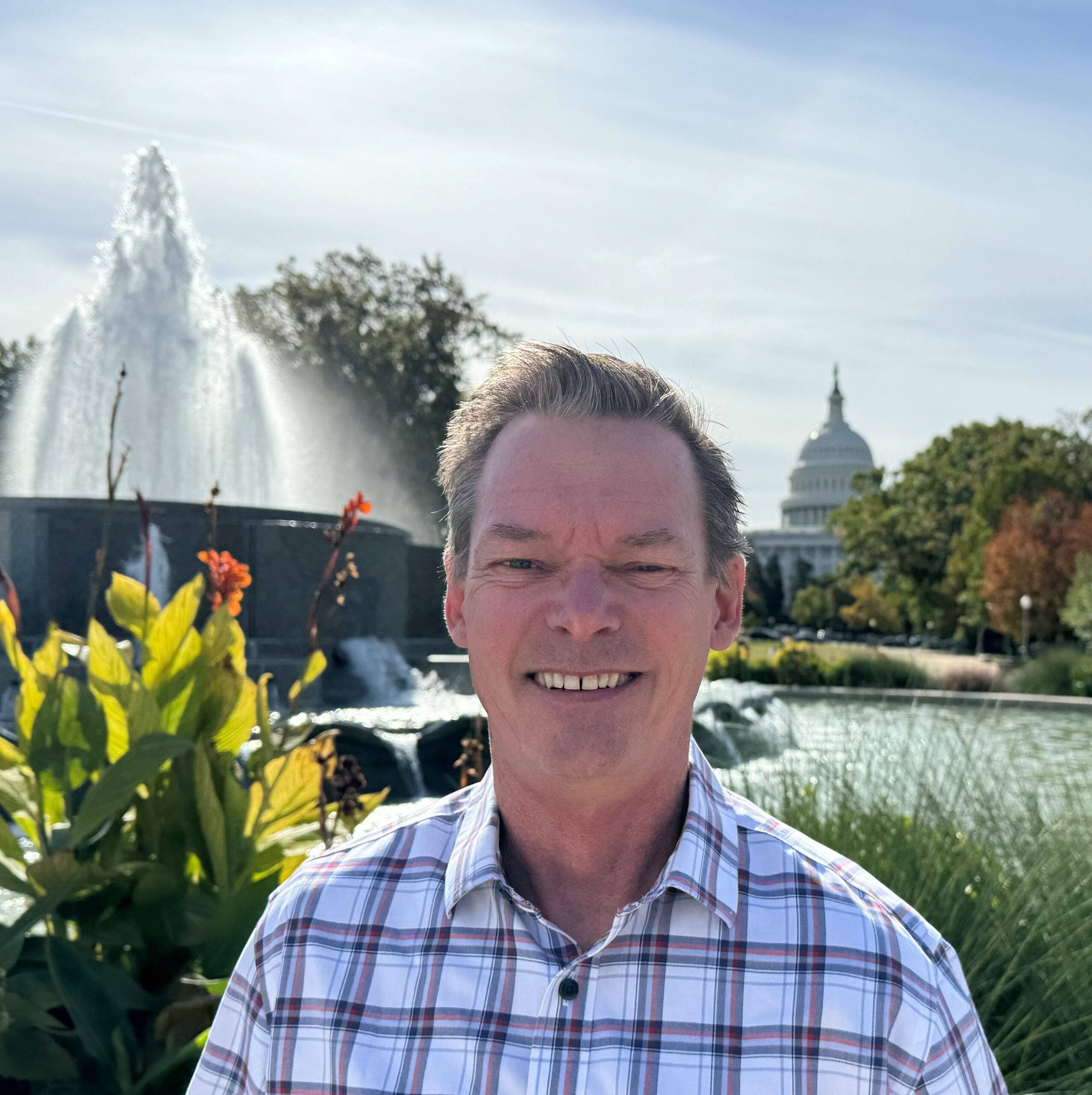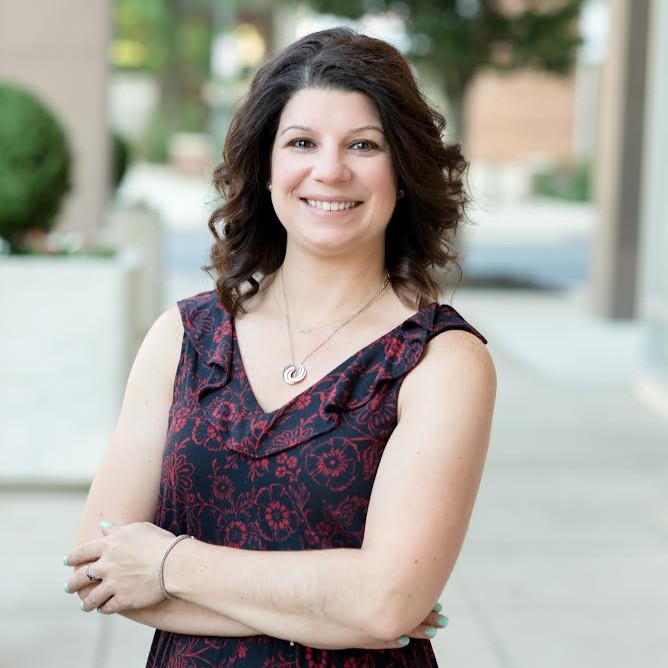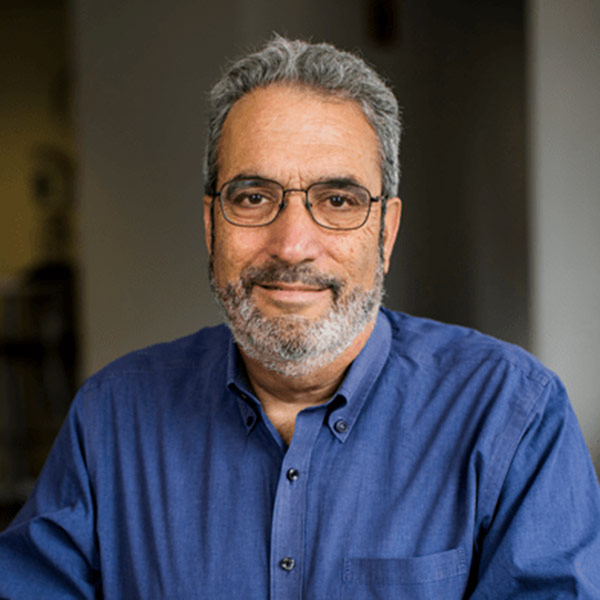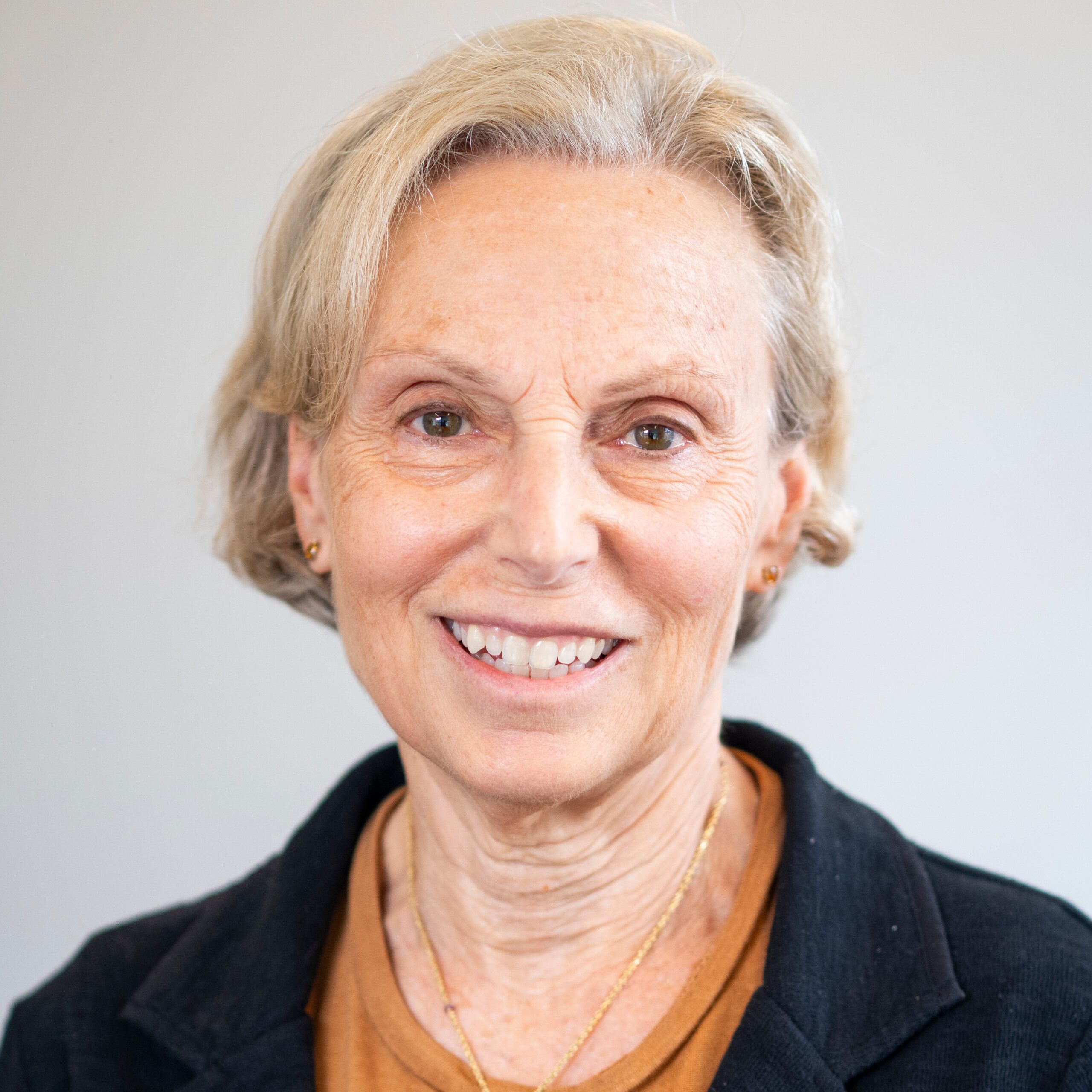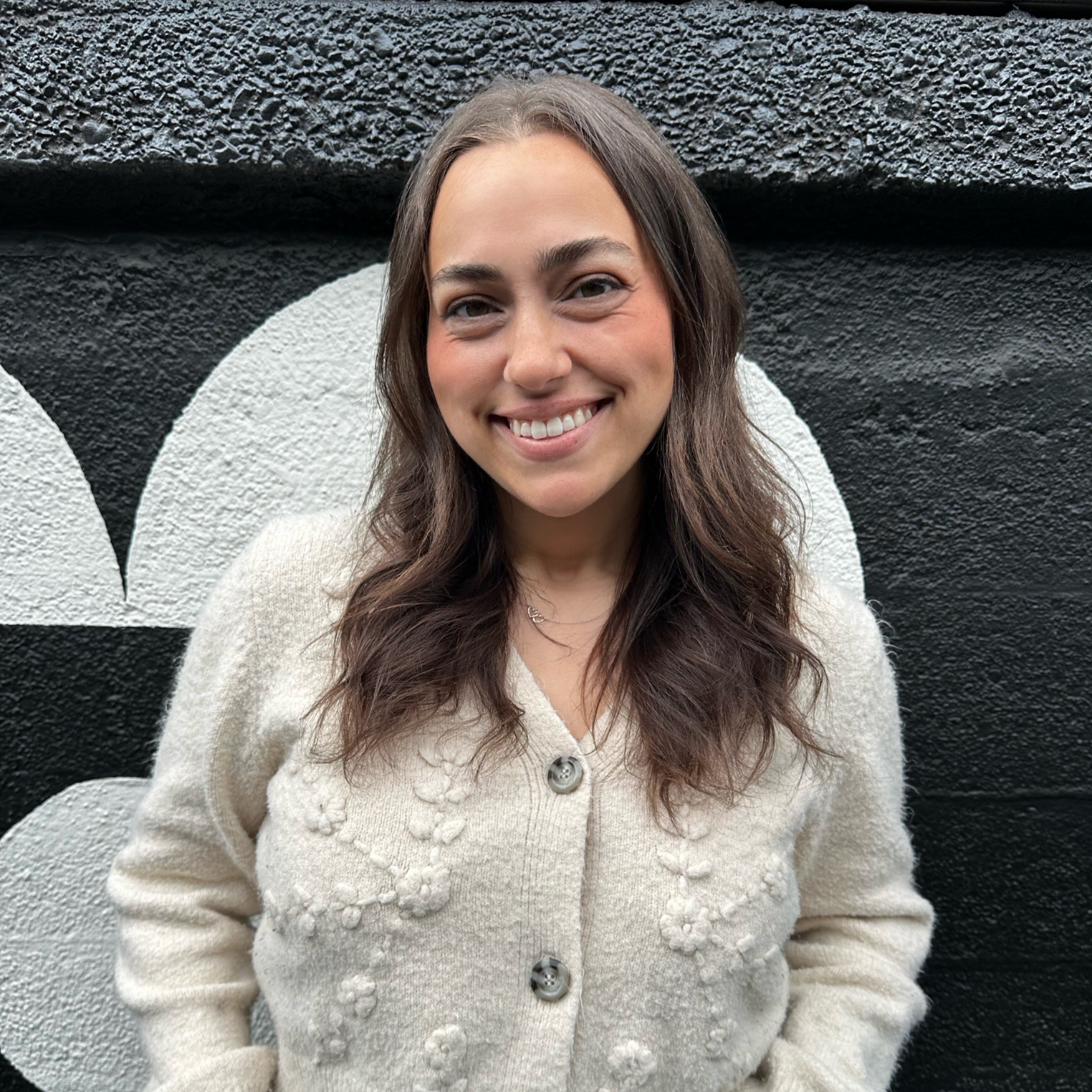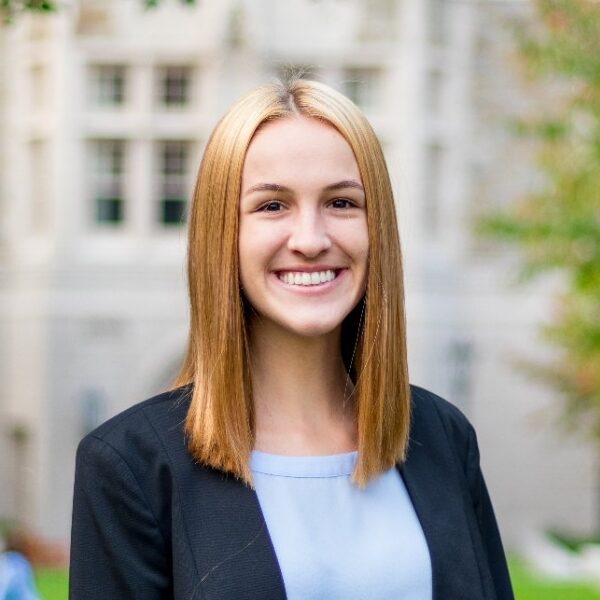
Laura Gallant, MSW
(she/her/they)
Research Associate
HOPE National Resource Center
Biography
Laura Gallant is a research associate at the HOPE National Resource Center in the Center for Community-Engaged Medicine. She manages the HOPE blog, coordinates the HOPE National Advisory Board and the Family and Community Experts Council (FACEs) networks, and works on several research projects. Laura received her Master of Social Work in 2020 from Boston University School of Social Work. There she studied macro social work specifically focusing on policy analysis, social change, and advocacy. She is passionate about equitable systems change both within governmental programs and policies, and within organizational structures. Before starting at HOPE Laura worked in HigherEd for 7 years focusing on project management, working closely with both undergraduate and graduate students.
Education and Training
MSW, Macro Focus
Boston University, Boston, MA
BA, Communication
University of Massachusetts Amherst, Amherst, MA
The Transformational Impact of HOPE
Gallant L.
Child Educ. 2024 Jan. 100(1): 14-19. DOI: 10.1080/00094056.2024.2307851
LGBTQ2IA+ children and youth need positive childhood experiences
We need to create intentional opportunities that promote positive childhood experiences for the LGBTQ2IA+ community.
Positive experiences can improve mental health in adulthood
Positive experiences, through closeness and social connection, can affect us beyond childhood providing hope for anyone who feels like it is too late.
Environmental justice protects more than just the planet
Environmental justice is a key movement to increasing access to positive childhood experiences through the Environment Building Block of HOPE.
Support safe environments for children and youth through policy
Advocating for policies that promote positive childhood experiences protects children’s mental health and physical health and safety.
How can we heal from Adverse Childhood Experiences?
Developing a practice that incorporates positive childhood experiences (PCEs) can lessen the lifelong effects of harmful experiences and allows the brain to heal from trauma.
Why positive childhood experiences are important for all children and families
Positive childhood experiences are protective experiences that help heal the brain from trauma and promote healthy mental health in adulthood.
Federally funded child care promotes positive childhood experiences
Having access to child care is fundamental to practicing positive childhood experiences and creating access to all Four Building Blocks of HOPE.

